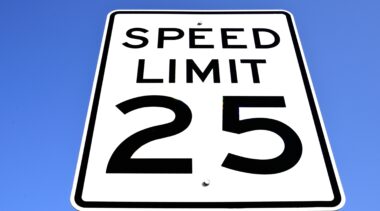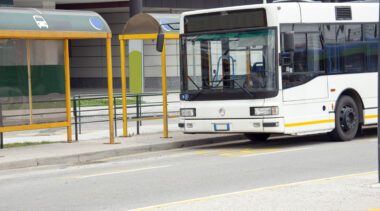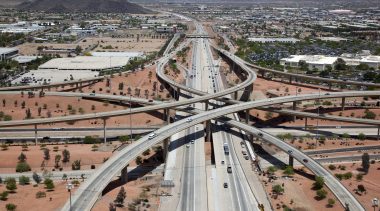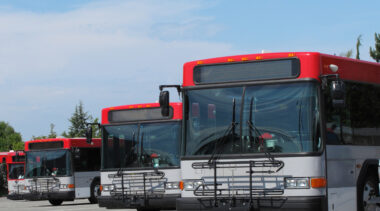Baruch Feigenbaum is senior managing director of transportation policy at Reason Foundation.
Feigenbaum has a diverse background researching and implementing transportation issues including revenue and finance, public-private partnerships, highways, transit, high-speed rail, ports, intelligent transportation systems, land use, and local policymaking. Prior to joining Reason, Feigenbaum handled transportation issues on Capitol Hill for Rep. Lynn Westmoreland.
Feigenbaum is a member of the Transportation Research Board Bus Transit Systems and Intelligent Transportation Systems Committees. He is vice president of programming for the Transportation and Research Forum Washington Chapter, a reviewer for the Journal of the American Planning Association (JAPA), and a contributor to Planetizen. He has appeared on NBC Nightly News and CNBC. His work has been featured in the Washington Post, The Wall Street Journal and numerous other publications.
Feigenbaum earned his master's degree in Transportation Planning with a focus in engineering from the Georgia Institute of Technology.
-
Debatable Ideas: Examining Key Transportation Issues, Myths and Misconceptions
In this series, Reason's transportation policy analysts examine key infrastructure issues, including common myths and misconceptions found in today's policy debates.
-
Do Lower Speed Limits Make Roadways Safer?
Part four of Reason's Debatable Ideas series examines the best practices for setting speed limits, especially on urban arterials.
-
Help Solve Transit Deserts by Investing in Bus Service
Using the cost-per-trip metric would help reward transit agencies with high ridership and low costs, which should be a goal of any government program.
-
How Do High-Occupancy Toll Lanes Benefit All Income Groups?
In part one, Reason's Debatable Ideas series examines common myths and concerns about HOT lanes and how drivers, transit riders, and cities can benefit from them.
-
Transportation and COVID-19: A State Guide to Policy and Priorities
What states can do amidst today's uncertainty, with a policy focus on mitigating risks to public-sector transportation operations and infrastructure investments.
-
Maryland Tolling Project Faces Challenges From Environmental Opponents
Opponents of Maryland's I-270/I-495 managed lanes project are filing lawsuits designed to derail the public-private partnership.
-
Contracting Mass Transit Services
Transit contracting should always follow three principles: guaranteeing public control, promoting competition, and ensuring transparency.
-
Contracting Mass Transit Services: A How-to-Guide
This how-to guide shows how to successfully contract for mass transit services.
-
Michigan Wisely Looks to Tolling to Help Finance Road and Bridge Repairs
Tolling can be used as an effective tool and sustainable revenue source to help meet the state's transportation needs.









